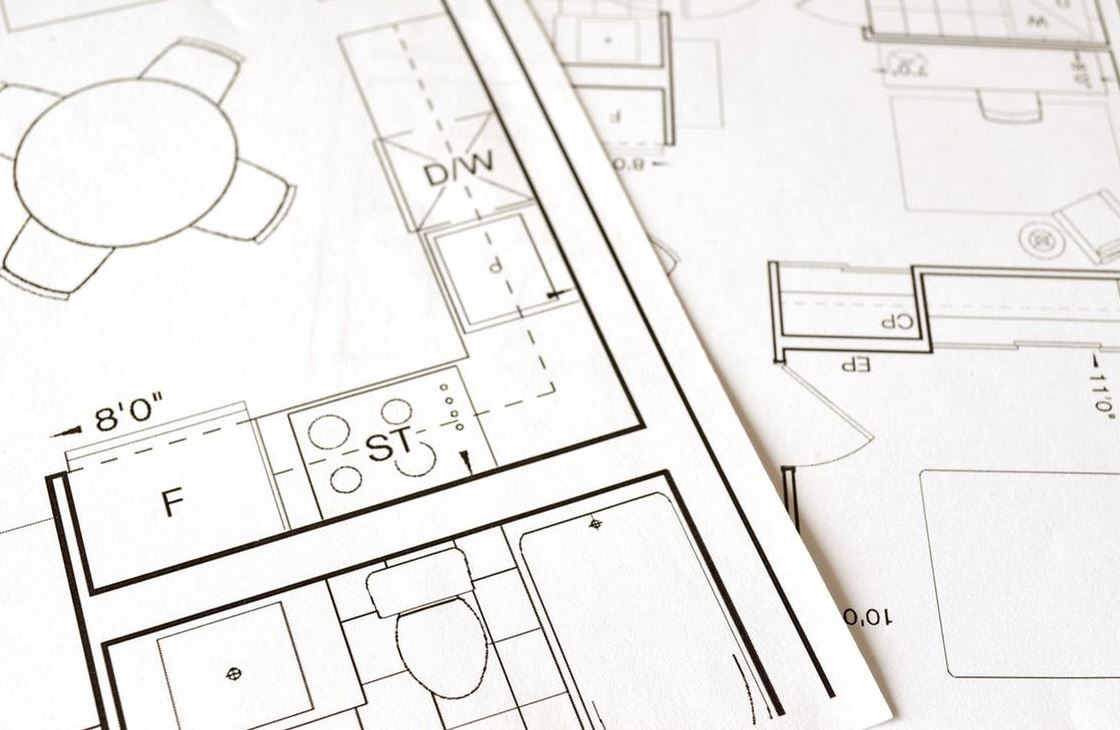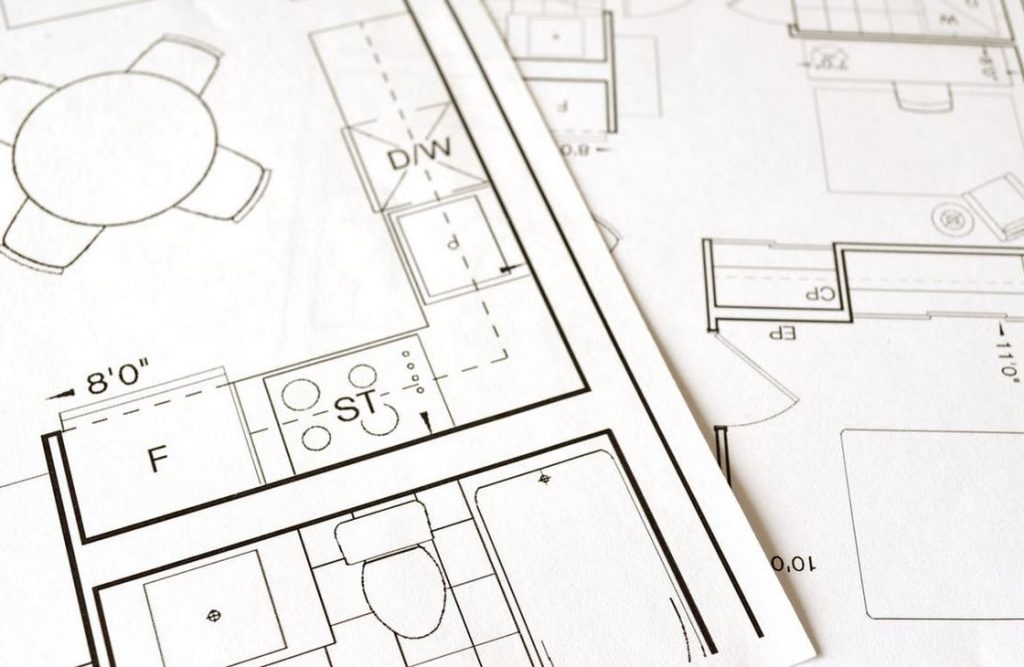Jobsite Blunders: 5 Reasons Construction Projects Fail

Home projects can involve significant costs and effort. Poorly organized projects often fail to meet quality, budget, and time constraints. Keep this list of common mistakes in mind before starting your next project, along with how to prevent them.

Probably the most common reason that construction projects fail comes from incorrect estimates. Errors in the requirements, measurements, labor, and basic mathematics can leave you short of time and materials, money wasted on things you didn’t need, or worse, stuck with a disorganized mess that needs to be redone.
Double and even triple-check your measurements and your math. For large projects, you might want to call a contractor qualified by an EWP license to create official plans and estimates.
This means you’re letting the scope of the project grow. It happens when you start making changes after the project has already started. Allowing small side jobs, changes to design choices, or failing to do simple research can lead to rising costs, delays, and confusion.
To avoid this, be everyone involved is in agreement. Take as much time and discussion as needed to establish what needs to be done, what stylistic choices will satisfy, and any preparatory work that’s necessary.
Delays can come from scheduling conflicts, lack of tools, materials, or skills, or waiting on permits and inspections from local authorities. To keep the project on track, purchase what you’ll need up front, including any permits. Ask when inspections are likely to be done. Communicate clearly to ensure everyone and everything you need to get the job done is coordinated as much as possible.
Any conditions that aren’t apparent during the planning phase can sink a project. This might be structural damage like wood rot or mold, unreliable suppliers, or new building codes. Ignoring these issues could lead to bigger problems.
Your best bet is to investigate the job site and requirements thoroughly. Hedge your bets by allowing yourself some extra time and if possible some reserve funds.
Being too inflexible on schedules, costs, and time frames can affect your progress and the final results. Don’t simply assume that your estimates and plans are foolproof no matter how careful you are. Missing a single step could mean all the prior money and effort was wasted.
Plan your project in stages and take the time to verify that each stage was done correctly. Check how you are doing in terms of cost and material usage so you can make preparations before starting the next phase.
The right project can add a great deal of enjoyment and value to your home. Failure to plan properly, however, can lead to headaches and waste that take away all the potential rewards.
